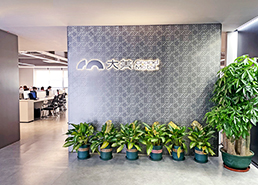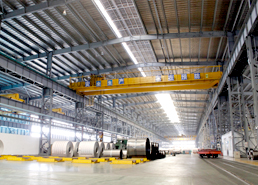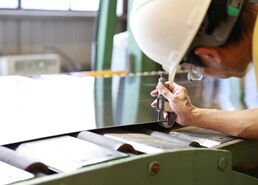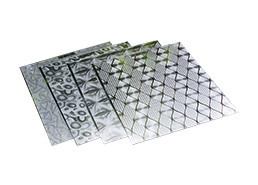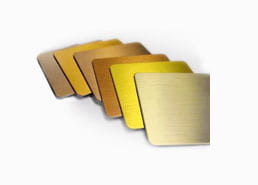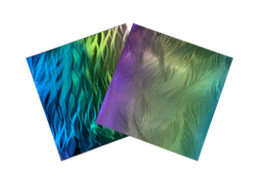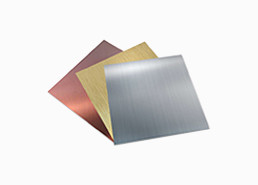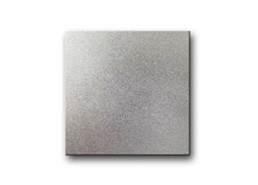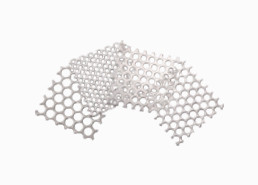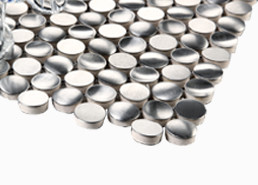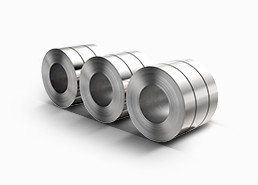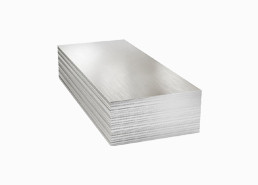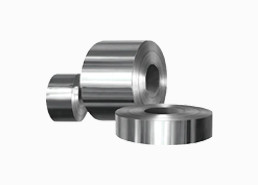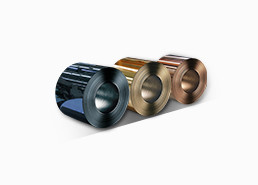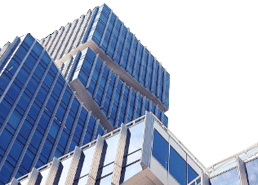Indonesia's nickel nickel industry supported by Chinese giants
April 6, 2023
Nickel's lower reaches of Surawishi and the North Maluku Islands in the nickel resources are heating up, making Indonesia the largest nickel iron, nickel iron and stainless steel exporter. In 2022, the production of nickel ore in Indonesia increased by 54%year -on -year to 1.6 million tons.
As the automotive industry turns from nickel batteries to nickel -free batteries, and construction facilities in other promising electric vehicle markets in Southeast Asia, Indonesia is trying to release more investment related to electric vehicle batteries. The government is promoting nickel mining and processing to be more environmentally friendly to prevent the early end of the nickel battery, and the cash subsidies of electric vehicles have just taken effect.
Cooperation with the world's largest lithium -producing country Australia is now a priority for Indonesia to realize its ambitions. The goal of Indonesia President Joko Widodo is that 60%of the world's electric vehicles will depend on the battery made in Indonesia. At the same time, the world's second largest nickel production country Philippines has rejected another strategic concept, that is, establishing an OPEC nickel alliance to control nickel supply.
China has the most investment in the lower nickel industry in Indonesia, and the world's largest battery manufacturer and Chinese private enterprise CATL lead battery production. Baowu, the world's largest steel producer and Chinese state -owned enterprise, is also preparing to lead stainless steel with TSINGShan. Jindal, the leading stainless steel company in India, is ready to integrate into China's ecosystem.
Nickel's future demand: Since this corrosion -resistant material may be applied to more automotive components, the demand for stainless steel production may be higher. At the same time, the potential demand of electric vehicle batteries has weakened.
Due to the support of Chinese giants, Indonesia became one of the largest nickel products exporters. However, due to the limited nickel resources, this has brought risks to the ambition to establish a complete land upstream and upstream industries in Indonesia. Now, the Indonesian government has proposed a "problem solving" policy plan. At the same time, more investment inflows.
It is estimated that Indonesia has more than 50%of the world's nickel resources. After decades of resource exports, Indonesia has been seeking nickel processing in China since 2009. The government of Joko Widodo envisioned Indonesia to become a big country of electric vehicles and electric vehicles. Indonesia first requires a nickel mine to build a smelting plant, and then prohibited from exports from 2020, which is called a low -grade nickel nickel called brown iron ore. Belly iron ore is a key mineral for battery production.
Today, many downstream industrial areas (mainly located in Surawesi and North Malugu) have started or are about to start. According to data from the Indonesian Geological Agency, as of 2021, the country has 18 billion metric tons of nickel resources and 5.2 billion metric nickel reserves, and about 90%of the reserves are located in these two regions.
The first batch of downstream industrial areas on land nickel included in the Morrovari Industrial Park (IMIP) and Delong Industrial Park (VDNIP) of Indonesia. Both parks were operated by Chinese steel giants, Delong Nickel, Jiangsu. IMIP is located in Morowali in central Surawishi and began construction in 2014, while VDNIP is located in North Konawe, south of Surawishi, began construction the following year.
Aoyama has also developed a industrial area called Weda Bay Industrial Park (IWIP) in Teluk Weda, a central Halma Rira province in central North Maruka. According to reports, Qingshan Group recently agreed to transfer some facilities to Chinese state -owned enterprises and the world's largest steel producer Bauwo Group (Bauwo). As one of the first batch of large -scale investment in Indonesia's nickel -reaches of nickel industries, Qingshan Group has established a strong cooperative relationship in Indonesia.
Aoyama is one of the partners of Huayou developing a nickel smelter in Indonesia. Huayou is a Chinese company that specializes in new energy battery materials. It is part of a consortium that cooperates with Indonesian battery companies (IBC). IBC is a battery holding company formed by four state -owned enterprises. industry.
Another OBI island nickel -nickel -nickel industrial zone located in North Maruku Halmahera has started. It is expected that it will soon compete with the Qingshan Industrial Park. The behind -the -scenes push of this industrial park is the local Harita Group. The company cooperates with a number of Chinese companies, including Lygend Resources Group, the largest nickel -mine trading dealer in China.
Other industrial areas will also be launched soon, including an industrial zone that will support Vale Indonesia. Vale Indonesia is one of the world's largest nickel producers and has one of Indonesia's largest nickel mining rights. Vale Indonesia has signed a cooperation contract with Chinese Chinese friends, top stainless steel manufacturers, South Korea -Poped Railway (POSCO) and American automobile manufacturer Ford.
Investment from Chinese giants is indeed strategic for Indonesia, because China is the world's largest stainless steel and electric vehicle market. The problem is that the existing nickel downstream industries produce intermediate products. Therefore, Indonesia is still regarded as supporters of industrialization of China and other countries.
In the past two years, Indonesia's nickel exports have increased significantly, especially for China, but it has mainly appeared in the form of nickel iron. Stainless steel exports have increased significantly, but considering that Indonesia has huge nickel resources, its exports are still much lower than the maximum potential.
According to data from the Indonesian Nickel Mining Association (APNI), by 2022, a total of 43 nickel processing plants and 199 nickel furnaces in Indonesia are operating, and this number will increase. Most of them are rotary kiln electric furnaces (RKEF), which treats high -grade nickel called rotten rocks to produce nickel -ray ore and nickel iron required for stainless steel. But only a few stainless steel factories operate in China. The remaining companies are using high -pressure acid immersion technology (HPAL), which can process battery materials called low -grade nickels called brown iron ore.
-
29 Apr, 2024
-
20 Apr, 2024
-
18 Apr, 2024
-
5 Apr, 2024
-
28 Mar, 2024
-
29 Aug, 2023




